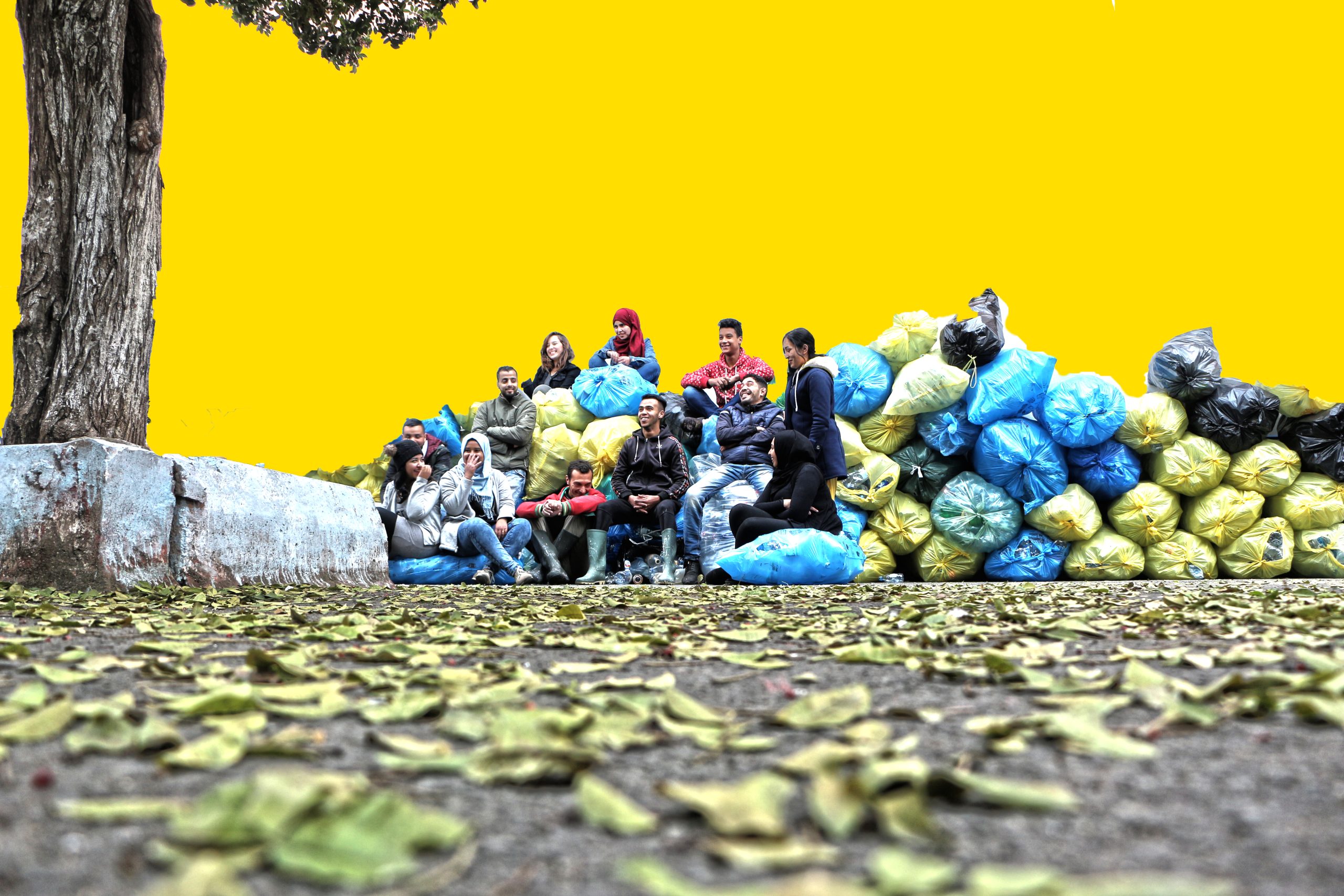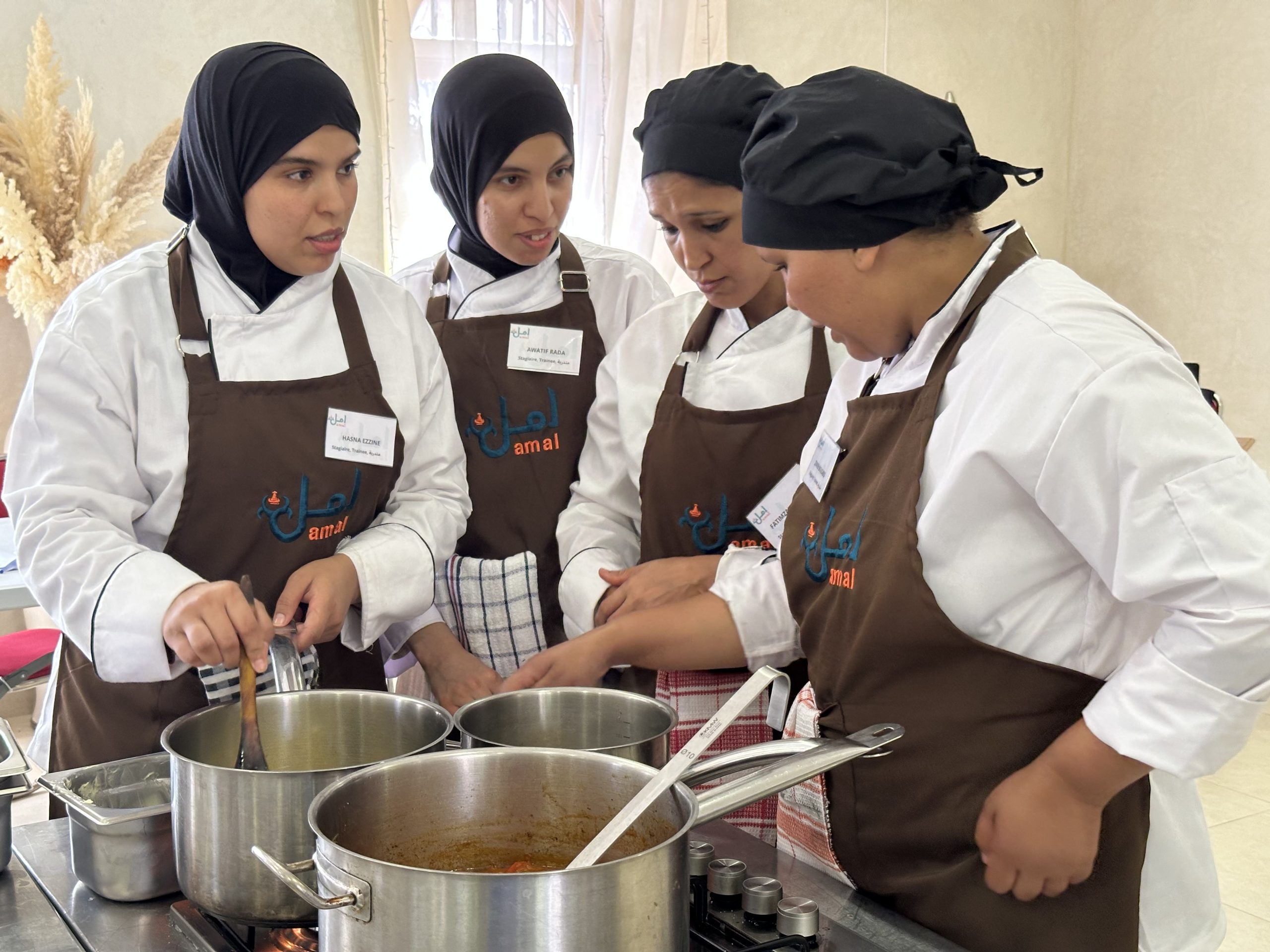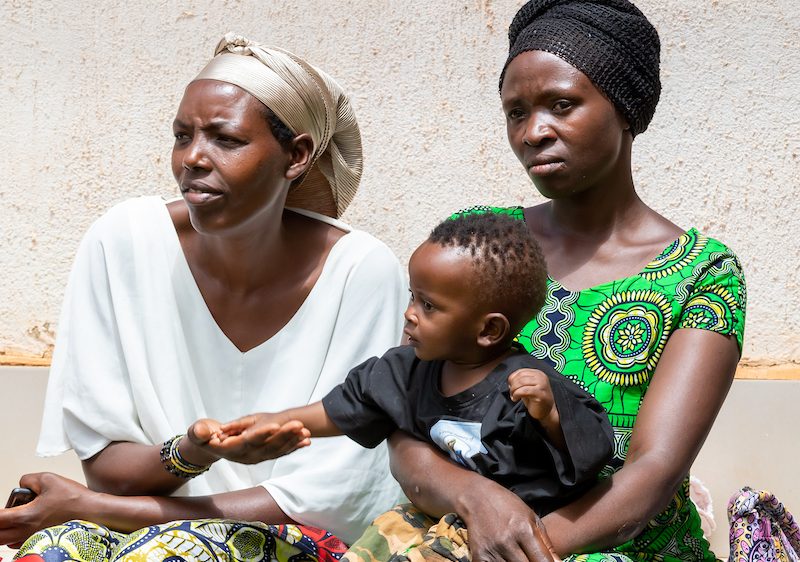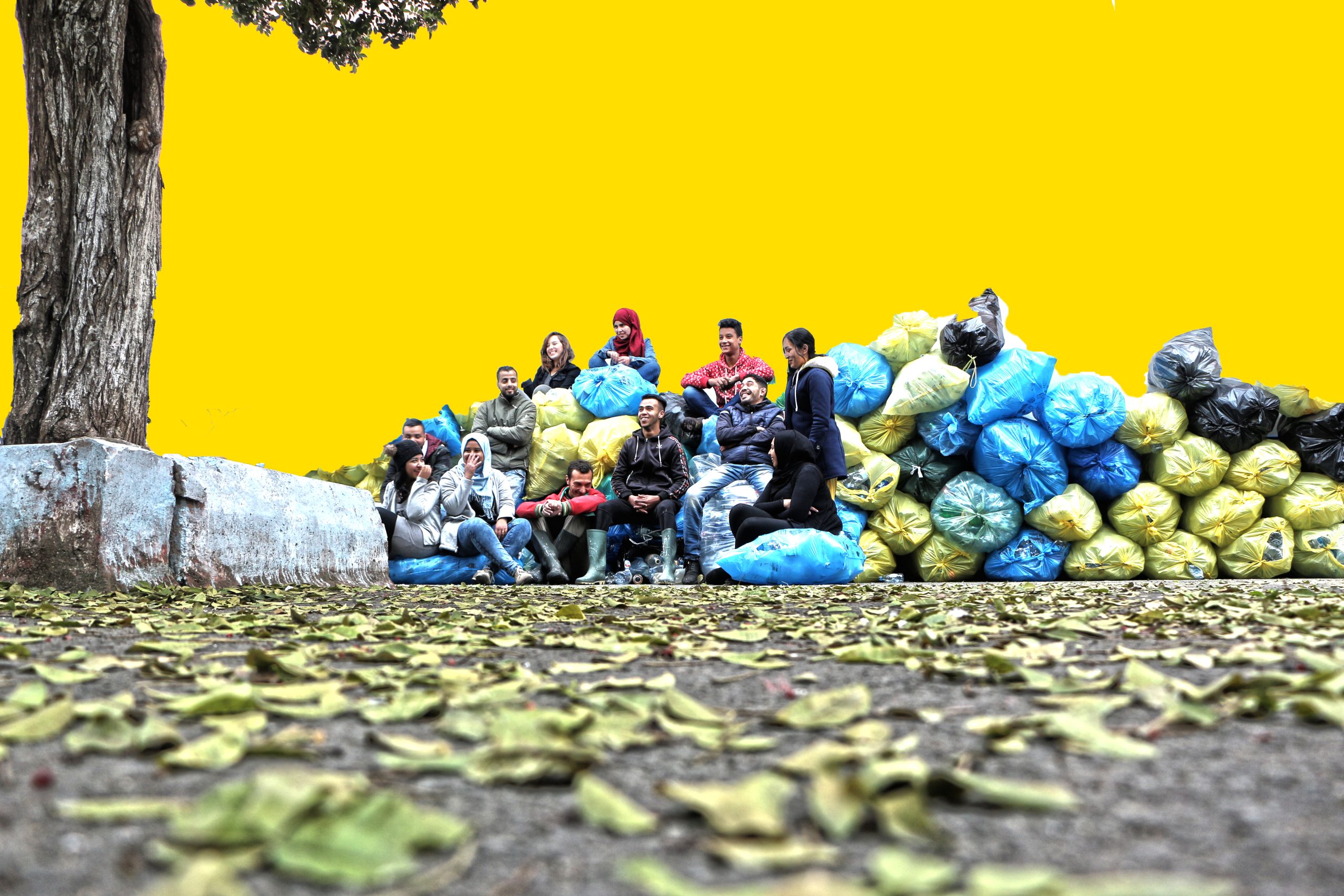BB Energy Foundation in Morocco
Explore our efforts to address the challenges faced by women and children
Morocco is a country of rich traditions and striking diversity, where progress in education, health, and gender equality has transformed lives over recent decades. Yet, many families — especially women and children in rural and low-income areas — still face daily challenges. Inequality and unemployment remain high, particularly among young people and women, and access to quality education and healthcare varies widely between regions.
At BB Energy Foundation, we believe lasting change comes from long-term partnerships with communities. In Morocco, we are working with local organisations to expand opportunities for women and children through education, skills development, and sustainable livelihoods.
In Marrakech, Association Amal supports single mothers through training programmes, childcare, and pathways to employment. In Casablanca, Solidarité Féminine offers vocational training and childcare for vulnerable single mothers, promoting their social and economic reintegration. In the Al Haouz region, INSAF provides women with entrepreneurship and agricultural training — from beekeeping to goat farming — helping them build income stability and confidence. And through Al Ikram, we support a wide-reaching initiative in Casablanca that empowers women, youth, and waste pickers through education, legal aid, daycare, and recycling projects that benefit thousands each year.
Together, these partnerships are improving livelihoods, dignity, and opportunity for women and children across Morocco — building stronger, more resilient communities for the future.

AL IKRAM
Empowering women, youth, and families through education, dignified work, and green opportunity.
Read More
AMAL
Building confidence, skills, and opportunity for women facing social and economic barriers in partnership with BB Energy Foundation.
Read MoreINSAF (Institution Nationale en Solidarité Avec les Femmes)
Empowering women, youth, and families through education, dignified work, and green opportunity.
Read MoreASF (Association Solidarité Féminine)
Strengthening mother–child resilience through protection, skills, and inclusion.
Read MoreLatest News

Case Studies
ONE YEAR OF PROGRESS: Rebuilding Families and Advancing Rights Through Dialogue in Rwanda
Read more
January 19, 2026

Article
BB Energy Foundation Partners with Al Ikram Association in Morocco
Read more
January 9, 2026

Article
Introducing Amal: A New Partnership Rooted in Strength, Skill, and Opportunity
Read more
December 7, 2025
